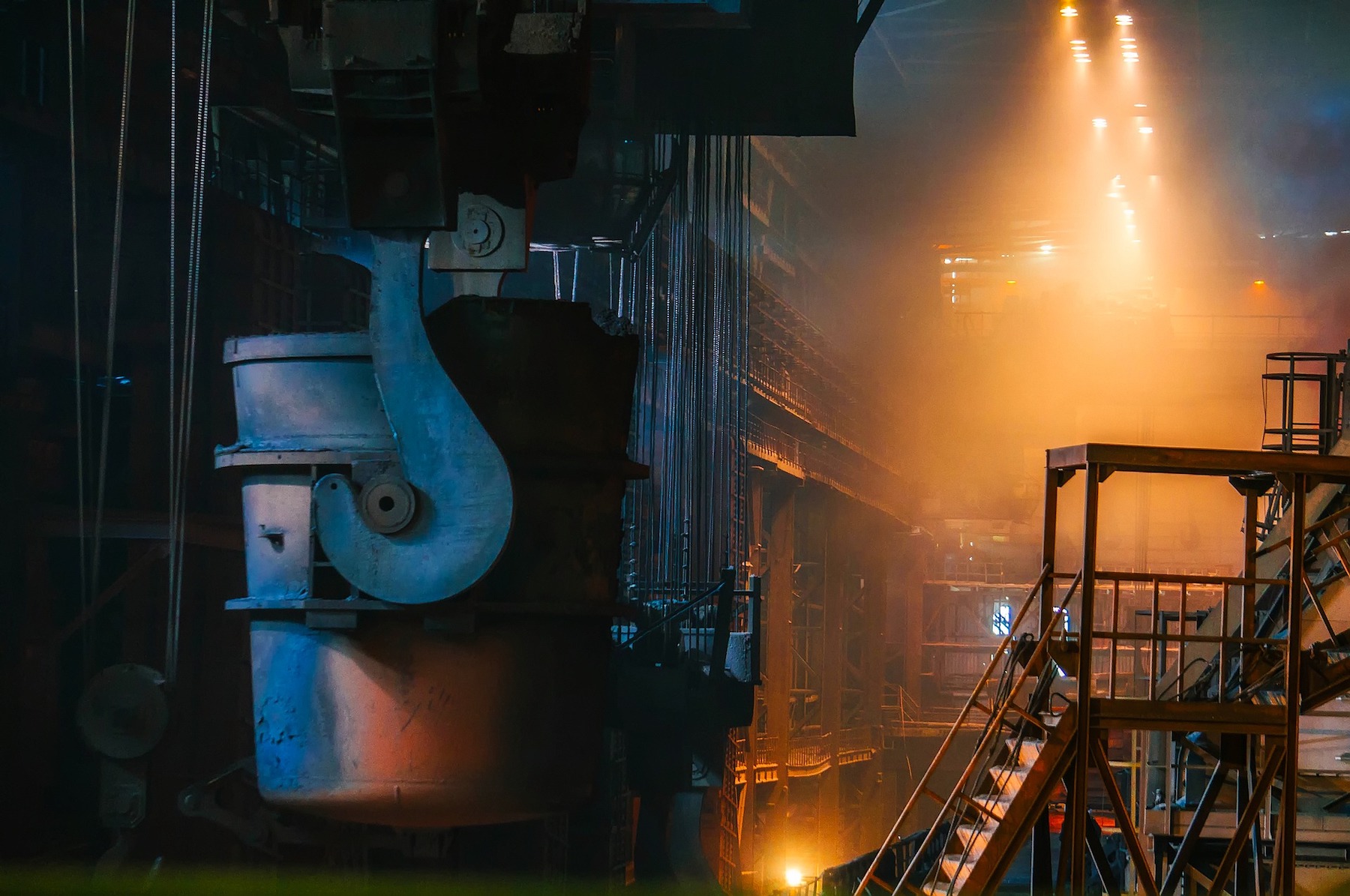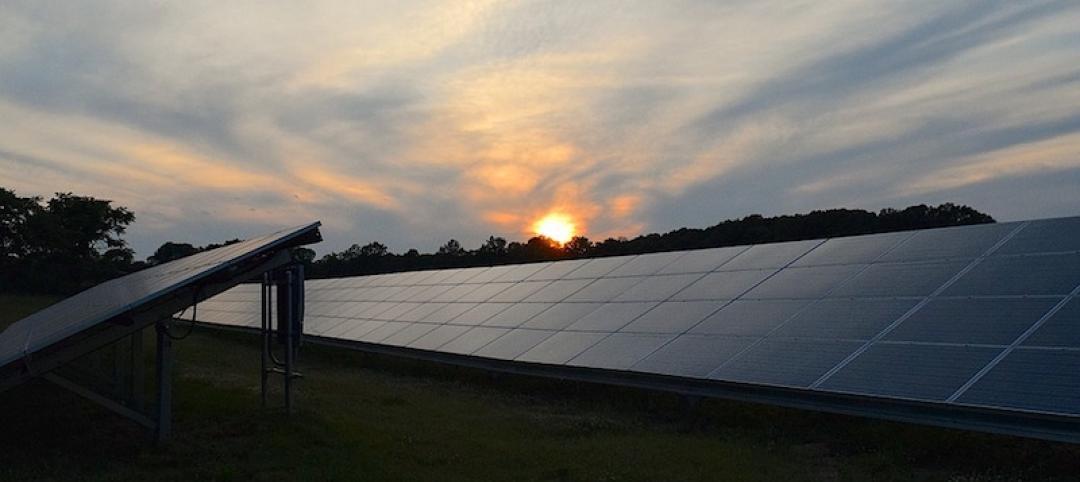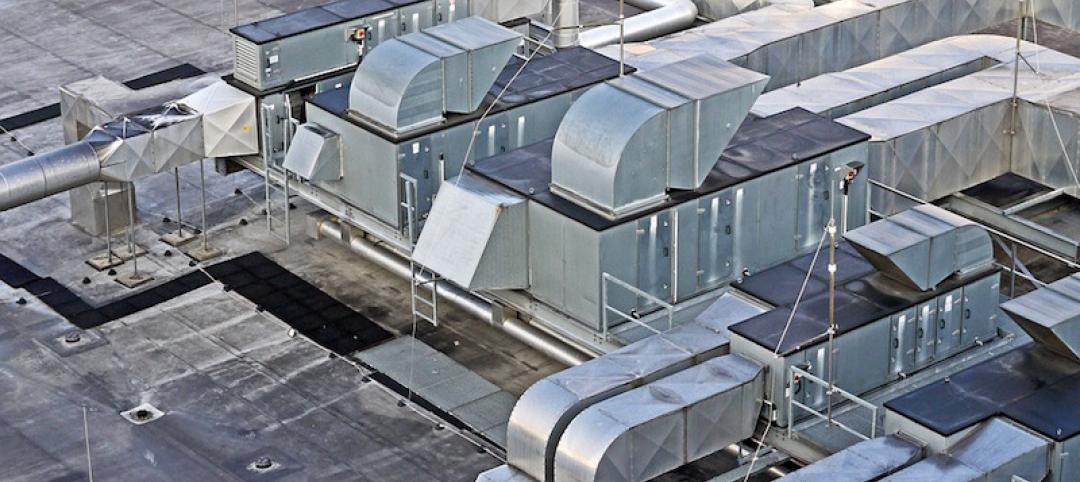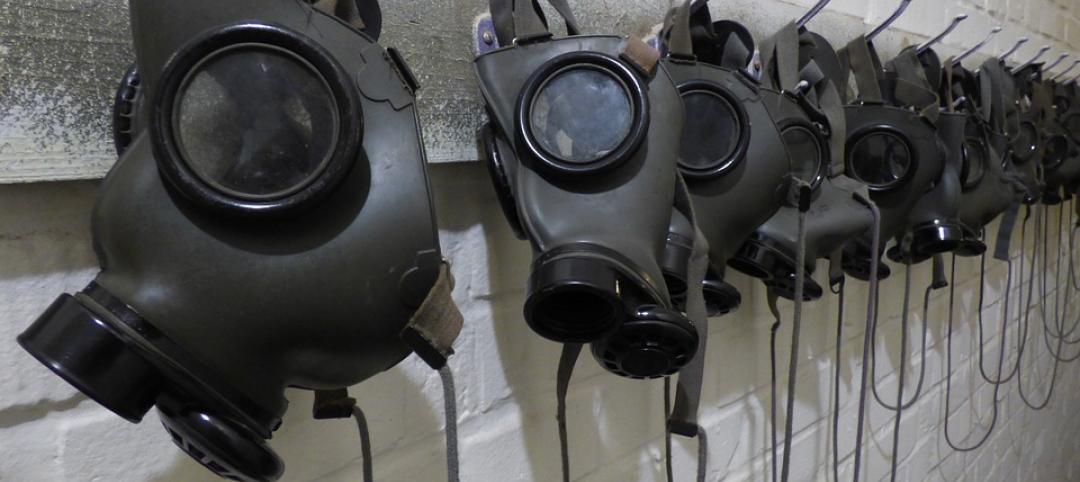Constructing and justifying the cost of physical assets such as a manufacturing plant is much more difficult than it was decades ago, according to a report by Steffen Fuchs, senior partner with McKinsey & Company.
Inflation, rigorous sustainability requirements, and rapid changes in technology and regulations all complicate investment in new construction projects, the report says. “Adding to the complexity, the next generation of assets needs to be “set and forget”: the high cost of building them must be offset by lower operating costs,” Fuchs writes.
Improvements in construction processes and project delivery are especially necessary given that a new wave of “once-in-a-lifetime” capital spending on physical assets will take place between now and 2027. Roughly $130 trillion will pour into projects to decarbonize and renew critical infrastructure, Fuchs writes.
Project leaders typically rely on practices that aim to optimize individual investments, such as a nuclear power plant, an oil refinery, or a pipeline. Cost overruns are typical and costly using this approach. New decarbonization and sustainability investments where groups of similar projects (such as wind farms and solar parks) are delivered repeatedly over a long period of time require much better performance, Fuchs says.
Related Stories
Codes and Standards | Oct 11, 2017
Data, transparency are keys to next steps in green building, says USGBC chief
Monitoring and comparing performance are critical to advancing sustainability goals.
Codes and Standards | Oct 10, 2017
New guidelines for quality control on application of membrane roof systems released
NRCA document provides guidance for on-site evaluation.
Codes and Standards | Oct 9, 2017
New app calculates maximum allowable heights for building occupancy types, classes of construction
The app streamlines compliance on various types of construction.
Codes and Standards | Oct 5, 2017
California lawmakers pass bill that requires GCs to pay wages of sub employees if subs fail to pay
The measure will go into effect in January if the governor signs it.
Codes and Standards | Oct 4, 2017
Ambitious but realistic increase in clean energy would cut GHG emissions by 80% in the U.S.
NRDC report says goal can be achieved with existing tools.
Codes and Standards | Oct 3, 2017
Reducing duct leakage is focus on latest green building standards updates
ASHRAE 189.1 broadens testing requirements to include more types of ducts.
Codes and Standards | Oct 2, 2017
Nationwide retrofit strategy in Canada could cut 51% of emissions from large buildings
The roadmap provides government and industry with a targeted plan.
Codes and Standards | Sep 28, 2017
Resources available for new OSHA respirable crystalline silica regulation
NRCA offers compliance tools for contractors.
Codes and Standards | Sep 28, 2017
New tool compares HVAC system efficiency
IAPMO and Hydronics Industry Alliance unveil BEST to evaluate systems in early design phase.
Codes and Standards | Sep 26, 2017
Anti-drone technology can ward off unauthorized drone flights
The technology can be used to prevent terrorist attacks and spying.

















